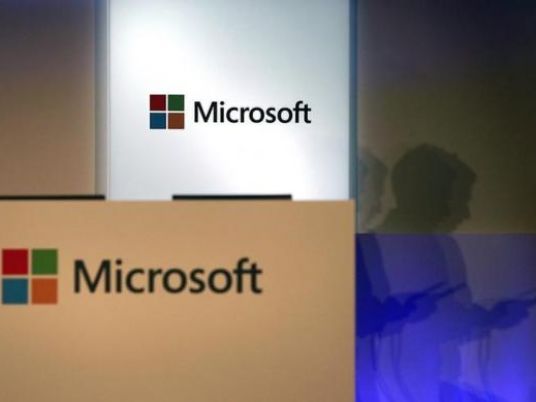
Better paid leave for new parents is long overdue in the United States, and executives must lead by example to persuade hard-working, vacation-averse Americans to take advantage of such a benefit, family and employment experts said on Monday.
Software maker Adobe Systems Inc (ADBE.O) on Monday became the third company in a week to expand its benefits, doubling maternity leave to 26 weeks to increase diversity in its workforce and give parents more time with their newborns.
It followed announcements last week by video streaming company Netflix Inc (NFLX.O) and Microsoft Corp (MSFT.O) that they were also upping paid time off for new mothers and fathers.
Jennifer Owens, the editorial director of Working Mother magazine, said companies must create a culture so new parents feel comfortable taking leave.
"This is a great foundation and a tall foundation but I want them to build the house that goes around it. I want it to be OK that you can take all of this," she said. "You can offer it but if there is a stigma about using it, that doesn't help."
Owens, who is also the director of the Working Mother Research Institute, said companies must train managers, offer support systems for employees on leave, and lead by example with executives taking parental leave and talking publicly about it.
"It's great but it can't stand on its own," she said. "Companies should look at their culture and they should trace usage and be aware of whether or not it is actually being used."
Attracting and retaining top talent
Unlike most countries, the United State does not have guaranteed paid maternity or paternity leave. In a 2007 study of 173 countries, researchers at Harvard University and McGill University in Canada showed only the United States, Lesotho, Liberia, Papua New Guinea and Swaziland had no paid leave for new mothers.
Nearly 100 countries offer 14 or more weeks paid leave. Companies in the United States determine the amount of maternity leave for their employees.
Ray Baumruk, a partner and employee research leader at management consulting services company Aon Hewitt, said employees in the United States in general are not very good at taking the full amount of vacation, or paid time off, that is available to them.
That's often because workers are concerned about falling behind or losing connections to a project, Baumruk said.
Tech companies are leading the charge to improve parental leave because they need to attract and retain top talent.
"It is an indicator of how the talent market has heated up and how it has gotten more difficult for employers in the tech industry, and maybe other industries, to differentiate themselves and attract the type of talent they want," he said.
Like Owens, he says the key to success will be encouraging employees to take the time off they are due.
"Organization and cultural support is one of the key pieces here that will be the lynchpin between success or failure, making sure managers and leaders support and model it," Baumruk added.
He also said other industries will follow the technology sector's lead.
"There is no doubt we will see more and more employers in multiple industries take a look at this and potentially change policies in the future," he said.


